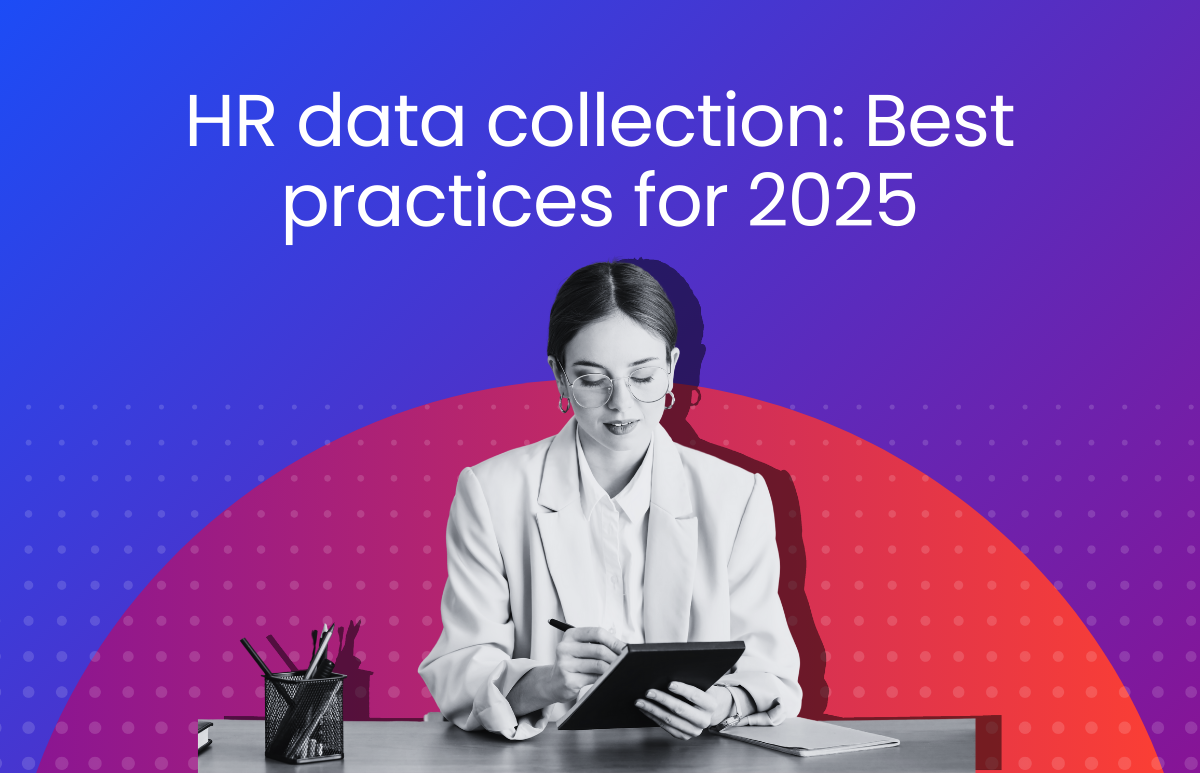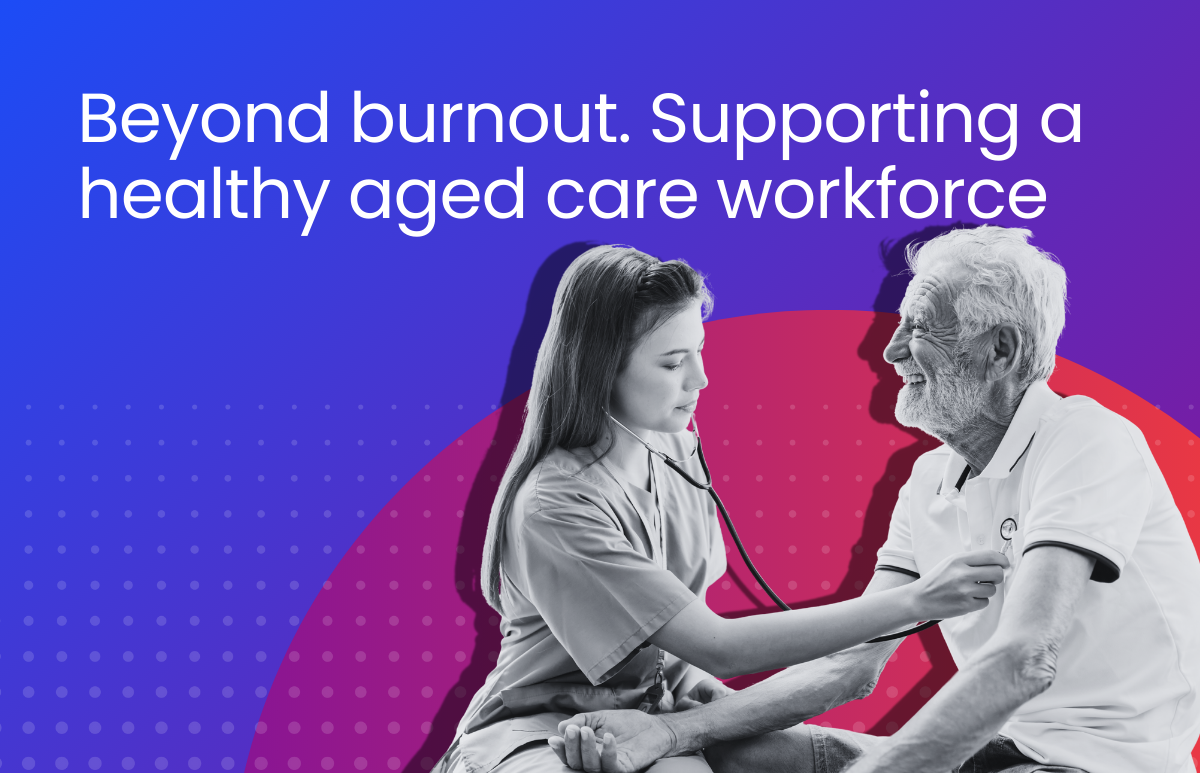How can HR stay ahead of the upcoming Aged Care Act reforms?
Australia’s aged care sector is poised to undergo its most significant transformation in decades.

On July 1, 2025, the new Aged Care Act will come into effect, replacing the 1997 Act and reshaping how aged care providers manage their care delivery and workforce.
These impending reforms are designed to ensure higher quality standards of care and deliver more rights to recipients. To do so, aged care providers will be required to become even more accountable, necessitating better workforce and HR solutions.
While the industry-wide changes will affect a host of roles and functions in the industry, For HR professionals these changes mean new challenges (and opportunities) to build a more sustainable, skilled, and compliant workforce. Here’s what you need to know and how HR tech solutions like ELMO can help navigate the new reality.
1) Increased staffing requirements mean more hands on deck
What’s changing?
- Aged care providers were recently required to step up their staffing levels and make sure that residents receive a minimum number of minutes of care per day.
- Every aged care home will need to have a registered nurse onsite 24/7.
- Workforce government reporting will become more detailed and transparent, putting providers under greater scrutiny.
How can HR adapt?
- Use smart workforce planning tools to ensure enough staff are on duty while ‘care minutes’ requirements are also met.
- Simplify your compliance with real-time tracking and reporting tools that are readily available for potential audits.
- Leverage recruitment tools and automation to attract and retain skilled professionals in a highly competitive market.
2) New training and qualification standards mean a sharper focus on upskilling
What’s changing?
- Aged Care Quality Standards will be strengthened, necessitating more training and upskilling.
- There may be a requirement to treat agency staff like employees, which would require obtaining and validating current qualifications, certificates, and skills.
- Expectations for ongoing professional care covering areas like dementia care, elder abuse prevention, and infection control will be stronger.
How can HR adapt?
- Use a robust Learning Management System (LMS) to ensure every employee is up-to-date with new training.
- Make training more accessible with apps and tailored learning and development that fit into busy schedules and mobile workforces.
- Keep track of all qualifications and expirations in an organised solution that’s easily audited.
3) Worker’s rights and wellbeing become a higher priority
What’s changing?
- A larger focus on workplace culture, mental health, burnout prevention and safety.
- Changes to whistleblower laws for staff.
- Fairer wages and working conditions to help retain staff and improve job satisfaction.
- Tougher enforcement of Fair Work Act compliance.
How can HR adapt?
- Improve your employee’s wellbeing by implementing wellness assistance programs, and regular feedback surveys.
- New policies may need to be developed and agreed to by staff using an LMS.
- Automate award interpretation and wage compliance with payroll integration to keep everything fair and accurate.
4) Compliance and accountability leave no room for error
What’s changing?
- Aged care providers will be under greater regulatory scrutiny, with stricter reporting requirements around governance and workforce.
- Non-compliance could result in heavier penalties, making accurate tracking more important than ever.
How can HR adapt?
- Track real-time workforce data and keep detailed audit trails for effortless reporting.
- Get ahead of compliance gaps with automated reporting solutions before they become an issue
- Store aged care policy documents and employee training records in one secure, centralised digital system.
5) Attracting and retaining talent in a tight market
What’s changing?
- The demand for aged care workers is skyrocketing, and will continue to do so. Providers will have to work smarter to attract and retain the best staff.
- Aged care employers will need to offer clearer career pathways, better conditions, and better incentives to remain competitive and reduce attrition.
How can HR adapt?
- Automate candidate screening with automatic tracking systems (ATS) and streamline hiring processes.
- Offer professional development to keep employees engaged and motivated.
- Where possible, provide for more flexible working conditions and favourable rostering to allow better work-life balance.
How can ELMO help?
The 2025 aged care reforms mean HR leaders must think proactively to simplify compliance, improve workforce efficiency, and create a better employee experience, all while ensuring quality care for residents.
With ELMO you can automate paperwork, capture qualifications and certificates, gain increased workforce visibility, automate learning, and streamline recruitment. All of these functions combine to help manage the new requirements of the Aged Care Act, and create a better run organisation.
Want to futureproof your aged care workforce? Let’s talk about how ELMO Software can help.
* The information in this publication is for information purposes only and does not constitute legal advice. For legal advice, please consult a qualified legal professional.
 HR Core
HR Core 









